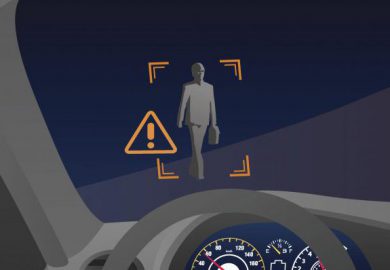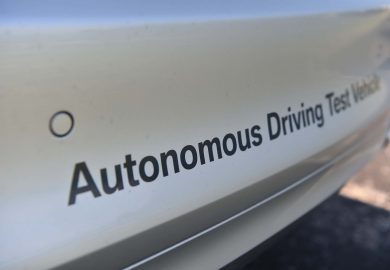As a subsidiary of Google’s parent company Alphabet, Waymo has attracted a lot of attention in the tech industry. The company’s research and development of self-driving cars began in 2009. In November 2017, Waymo announced that it had fully autonomous cars with no drivers on public roads in Arizona. For 2018, the company is testing freight and delivery vehicles that have the potential to up the ante in the self-driving car industry. The goal for Waymo is to apply its eight years of experience in producing autonomous passenger vehicles to making self-driving commercial haulers.
Testing Self-Driving Trucks in Atlanta
Waymo announced in March of 2018 that it would be testing self-driving freight trucks in the Atlanta metropolitan area. While the trucks won’t be without a safety driver, they will be operating on public roads during the pilot. During the testing phase, the self-driving trucks will deliver freight for Google’s local data center. As sister companies, Waymo and Google are working together on the technology that will be needed for the logistics of autonomous cars.
The leaders of both companies explained that the goal of the partnership is to develop new technology for self-driving trucks and to integrate those advancements into the operations of shipping and courier services. The companies also want the technology to be integrated into distribution centers, factories, ports, and terminals. According to company leaders, Atlanta’s hub of transportation, freight, and distribution makes it an ideal location for the testing and implementation of the technology. Waymo’s campaign follows similar efforts by archrival Uber, which is implementing self-driving truck tests in Arizona.
What Kinds of Trucks Are Being Tested?
The self-driving trucks that Waymo is testing in the Atlanta area are Class 8 tractor trailers. These are the same tractor trailers that Waymo already tested in Arizona and California in 2017. Class 8 tractor trailers are heavy trucks that have four or fewer axles. The vehicles being tested are composed of two units: One is the trailer while the other is the truck that powers it.
Waymo has already tested minivans, so testing trucks is a logical next step in seeing if its technology can be applied to larger commercial enterprises. Both the minivans and self-driving trucks being tested by Waymo use the same type of sensor system for monitoring the environment, obstacles, and road conditions. They also use the same artificial intelligence software as the self-driving cars that Waymo has already tested in Arizona without a human driver.
Waymo’s Plans for Implementing Self-Driving Trucks
For now, Waymo’s self-driving trucks will make deliveries within the Alphabet corporation. Since it’s currently sticking within its own corporate circle, the company is not known to be actively seeking outside partners for self-driving trucks that can deliver freight. However, test results have been promising. Waymo executives explain that the technology in their autonomous cars and trucks could make public roads safer. Each year, there are an average of 116,000 trucking-related crashes and 4,000 trucking-related deaths.
Developing technology that would allow artificial intelligence systems to operate big rigs could lead to fewer accidents and fatalities on the roadways. Since large trucks can potentially cause catastrophic collisions and property damage, the possibility of automated driving has some safety advocates excited. In addition to Waymo’s goal of making public roads safer for everybody, the company is interested in commercialization. The American Trucking Association predicts that there will be a shortage of about 175,000 truckers by the year 2024. It is possible that self-driving trucks could help to alleviate some of that shortage.
Waymo’s Future Plans for Autonomous Cars and Trucks
Waymo has more testing planned for self-driving trucks. Its system of sensors has been used on trucks measuring 53 feet long. With those sensors, the company is working on figuring out how to best engage the braking systems and acceleration of self-driving trucks. Waymo may use the artificial intelligence systems to operate the self-driving trucks on long stretches of interstate and have human drivers take over in the more complex and dense urban environments, such as when the truck is approaching its destination.
For now, and the foreseeable future, self-driving trucks will probably need to have a human driver. This stance is at odds with Waymo’s core focus of making autonomous cars with no human involvement. However, human interaction is important for many trucking tasks, especially when it comes to tasks such as getting cargo off the trailer or refueling. Waymo also plans to establish an autonomous car ride-hailing service in Phoenix sometime in 2018. It will be a pilot program for gathering data and gauging the response of passengers who are new to riding in cars without drivers.























